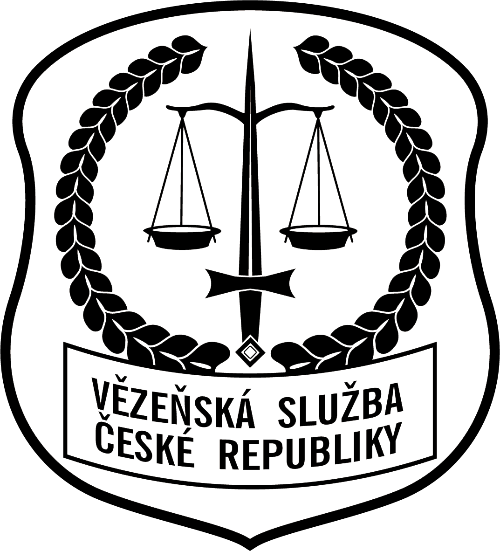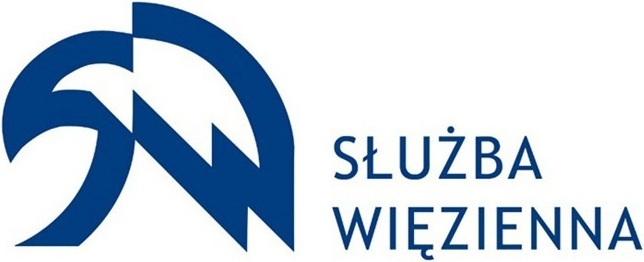History of the Prison
The history of prisons and the prison system in Košice is closely tied to the city’s overall development, from the Middle Ages to the present day. The first municipal prison was established in the early 17th century, in 1618, and became known as Miklušova väznica. It operated in its original form for nearly 260 years, until 1878. Today, the premises house a museum of medieval justice.
In 1872, construction began on a new purpose-built facility for the newly established judicial institutions, which also included a prison. The building, integrated into the city’s street development, was completed and opened in 1878. The entrance was located on what is now Pribinova Street. This two-storey building had 47 cells and could accommodate 300, or up to 400 people in emergency situations.
In the 1930s, due to persistent operational problems, an additional floor was added to the existing structure, increasing the prison’s capacity by 21 cells. The prison is notably remembered for its role during the fascist regime, especially after 1943, when it became overcrowded with political opponents. After the Second World War, the Košice prison functioned as a remand prison until 1991.
As the city grew, the original prison’s capacity became insufficient. In the 1980s, the government decided to construct a new facility. On 16 May 1991, a new prison was officially opened on Floriánska Street No. 18, marking the beginning of a new era in Košice’s prison system. The facility was traditionally located near other judicial institutions—namely, the Regional Court and the Municipal Court. It included administrative offices, accommodation for commuting prison staff, a remand unit, and a prison unit. The initial capacity was planned for 400 remand prisoners and 150 sentenced prisoners, with the possibility of expansion up to 800 places.
In 1992, a psychiatric ward—known as the Centre for Protective Treatment—was established, providing court-ordered treatment for drug addicts, alcoholics, and sex offenders. This centre operated until 2012, when it was relocated to the prison in Košice–Šaca. Also in 1992, the department for protection and defence was separated into its own organisational unit—the department for remand and imprisonment. In 1994, a separate prison unit was established for prisoners assigned to second correctional group. In 1995, the facility was re-profiled to first correctional group, and prisoners from second correctional group were transferred to the newly built accommodation section of the Košice–Šaca Prison. In 2010, the facility was again re-profiled as a combined remand prison and prison for sentenced men in medium security level, which remains its current function.
The Present
The prison primarily carries out imprisonment for sentenced male prisoners classified under the medium security level and remand detention for male, female, and juvenile prisoners. Due to court appearances, new arrivals, and other operational requirements, the prison also temporarily holds sentenced men and women of various security classifications. Remand detention is conducted under standard and mitigated regimes. The facility currently has a capacity of 765 places, including 303 for remand prisoners and 462 for sentenced prisoners.
In addition to standard prison units, several specialised units have been established to improve the effectiveness and individualisation of imprisonment: the specialised treatment unit, the security regime unit, the admission unit, the pre-release unit, and the closed unit. The prison also includes a de-escalation room used as part of progressive, more humane and effective approaches to managing high-risk prisoners.
The prison's territorial jurisdiction covers the Regional Court Košice, Municipal Court Košice, Administrative Court Košice, and the District Courts of Michalovce, Trebišov, Rožňava, Humenné, Spišská Nová Ves, and Vranov nad Topľou. Prison staff from the Court Guard division ensure order and security in the buildings of these courts and the prosecutor’s offices in Košice, Trebišov, Michalovce, and Rožňava, as well as at the Regional Prosecutor’s Office.
The prison is actively involved in the long-term national project Chance for Return I, II, funded by the European Social Fund under the Human Resources Operational Programme – Social Inclusion. The main objectives of the project include resocialisation, strengthening key competencies, and supporting the active reintegration of socially disadvantaged individuals into society and the labour market, while improving their access to social services. The aim is to reduce the risk of social exclusion and enhance reintegration prospects for individuals serving prison sentences.
To support meaningful use of prisoners' free time and promote rehabilitation, the prison organises cultural, educational, leisure, and sports activities. It ensures the fulfilment of compulsory school attendance for juvenile remand prisoners, and provides formal education (secondary and tertiary level) in individual study formats for adult remand and sentenced prisoners, as well as vocational retraining courses. Accredited educational institutions with longstanding partnerships with the prison deliver education through off-site classrooms. Non-formal and informal education also takes place in modern, well-equipped spaces with interactive whiteboards and supplementary equipment. In cooperation with external experts, lectures, courses, exhibitions, screenings, concerts, discussions, and competitions are regularly held. Facilities for leisure activities include the prison library, cultural rooms, gym, and a sports field with equipment for various ball games and other physical activities.
Employment
In accordance with Act No. 4/2001 Coll. on the Corps of Prison and Court Guard, the prison organises and carries out employment activities for prisoners. They are assigned to work either through prison industry centres on unguarded workplaces with oversight, or to internal workplaces within the prison. Both in-prison and out-of-prison workplaces offer a wide range of auxiliary tasks that do not require high qualifications or exceptional manual skills.
Healthcare and Psychological Services
The prison provides psychological care for staff as well as psychological and social services (such as interventions and counselling) for remand and sentenced prisoners. Health care is provided in prison clinics for both staff and prisoners. Spiritual and pastoral care is available to those who express interest, provided by a prison chaplain and a prison pastor. Religious services and sacraments are celebrated in the prison chapel, which is dedicated to Blessed Bishop Pavol Peter Gojdič.
Social Programme
To support physical fitness, the prison provides staff with access to a gym, fitness centre, swimming pool, and sauna. Service apartments are available for rent, and a short-term accommodation facility is operated for staff from the home prison, other prisons, and for guests or participants in various events.
International Cooperation
The prison maintains long-standing cooperation with the Ostrava Remand Prison, Czech Republic, particularly in the area of prisoner management.










